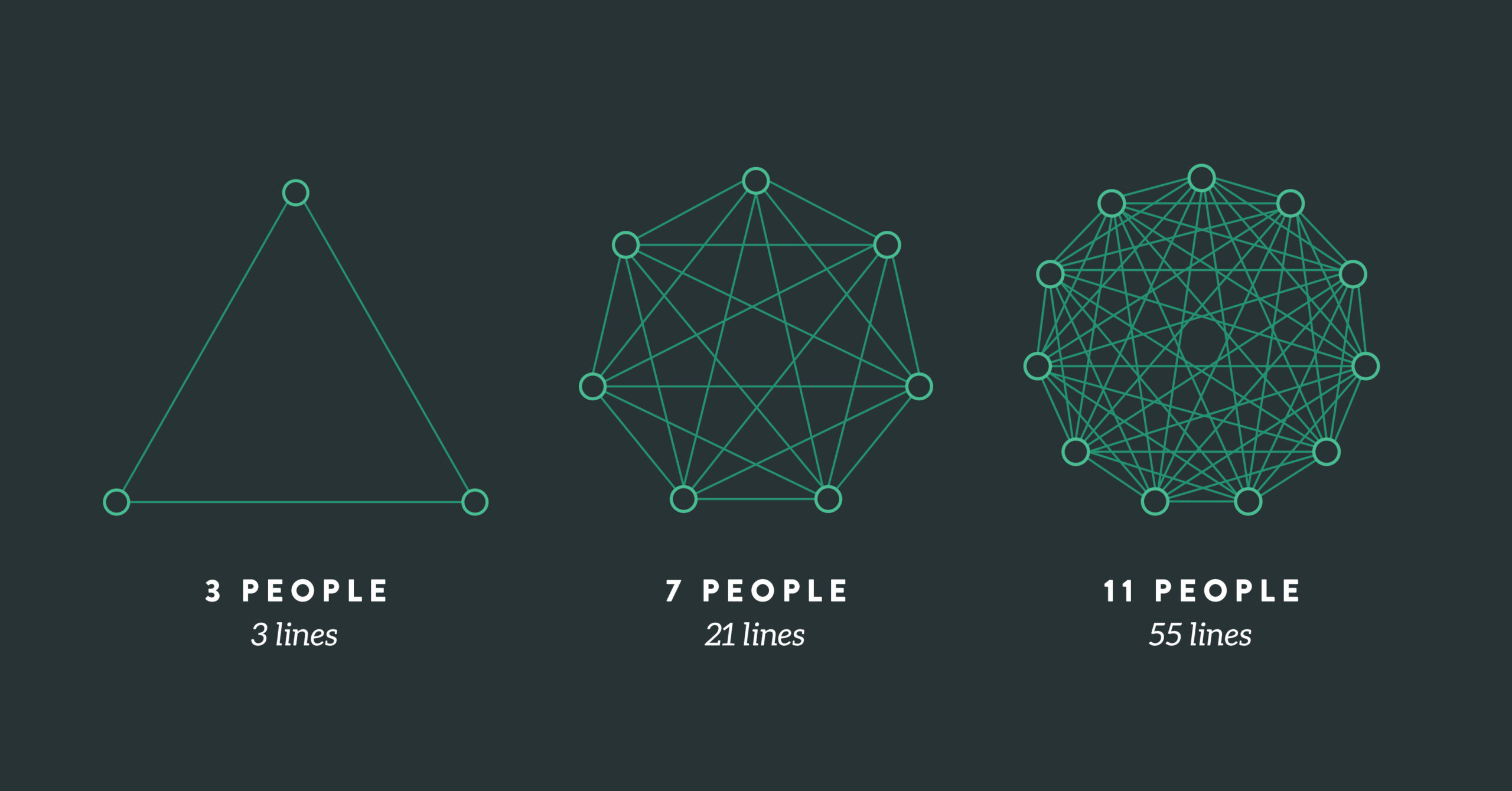Following my last blog on Intra-Team Relationships and the team system, I thought I’d build on this and share some of my experiences of team attitudes to integrating new team members.
The reality is that teams are dynamic, they are rarely static and unchanging in terms of their membership. Team members leave, find new career opportunities elsewhere, or new posts are created, etc.
So, if we consider the observation from my last blog, that a team of 8 people (for instance) comprises 28 unique relationships, then one team member leaving and being replaced by a new team member means there are 7 new relationships to start. These 7 new relationships can influence and change the prior team system/dynamic. That’s a lot of new relationships to get right, and quickly.
Clearly outlined goals, objectives & expectations
If we assume that the team has been and continues to work on itself, to ensure that it is aligned, clear on goals & objectives, priorities and decision-making, that they continue to engage in healthy debate, have established and maintained a psychologically safe team environment where there is support but also clear accountability…. In essence, all the good elements and competencies of high-performance….then it’s critical that this new team member understands this from day 1, if not before.
In my work with teams, we’ll often have to address this as a new team member may have joined the team over the course of my work with them, and the first thing we do is tell the new team member about the team’s journey and the work they have put in to clarify, align on and develop all of the above team qualities. The whole team (not just the leader) will tell the new team member what to expect from the team and what they expect from each team member.
When we do this, the new team member invariably reports that it was the most helpful team induction they’ve ever had and that’s it’s enabled them to contribute right away. And invariable they’ll observe that other experiences of joining new teams (without this conversation) have been like trying to figure out how this team works for themselves, and it can take weeks/months to ‘catch up’, to find their voice and contribute.
Conversely, this new team member has valuable objective insight to bring from day 1. “Here’s how I see this team, this is what I notice, etc.” So, isn’t it much better to get this insight from them right away, before they are “moulded” to “fit in” with the danger of “fitting in” with some dysfunctional elements?
It goes without saying, that to tell a new team member about the team’s journey, how it works together, what to expect from the team and what is expected of them, requires that the team has done the work to clarify and align on all of this in the first place.
Isn’t it about time all teams started this work? Leaving this to chance and hoping for the best risks inadvertently allowing dysfunction to become part of the team system.



